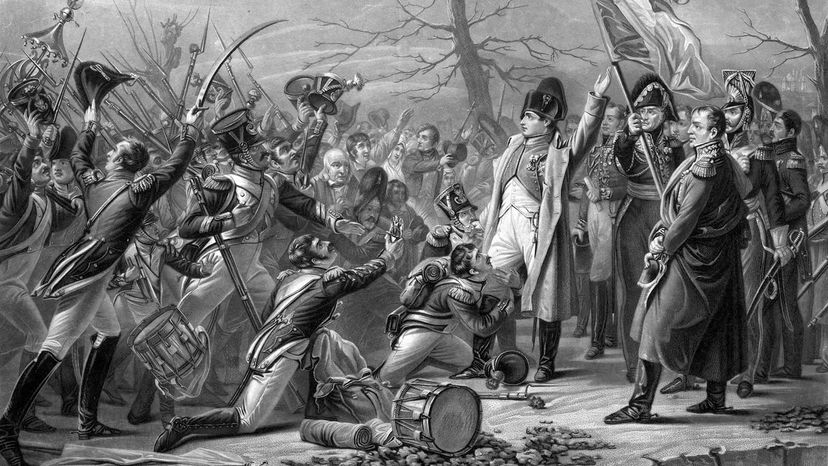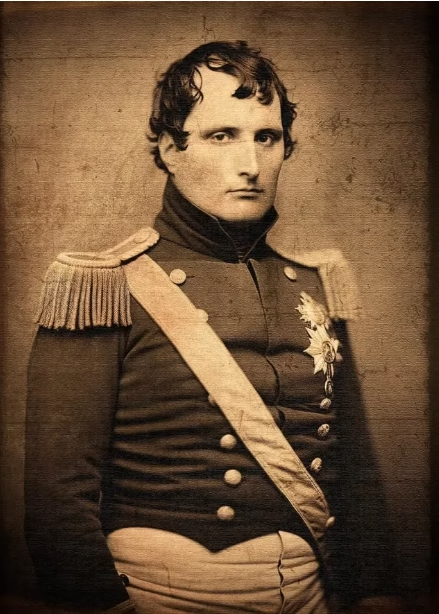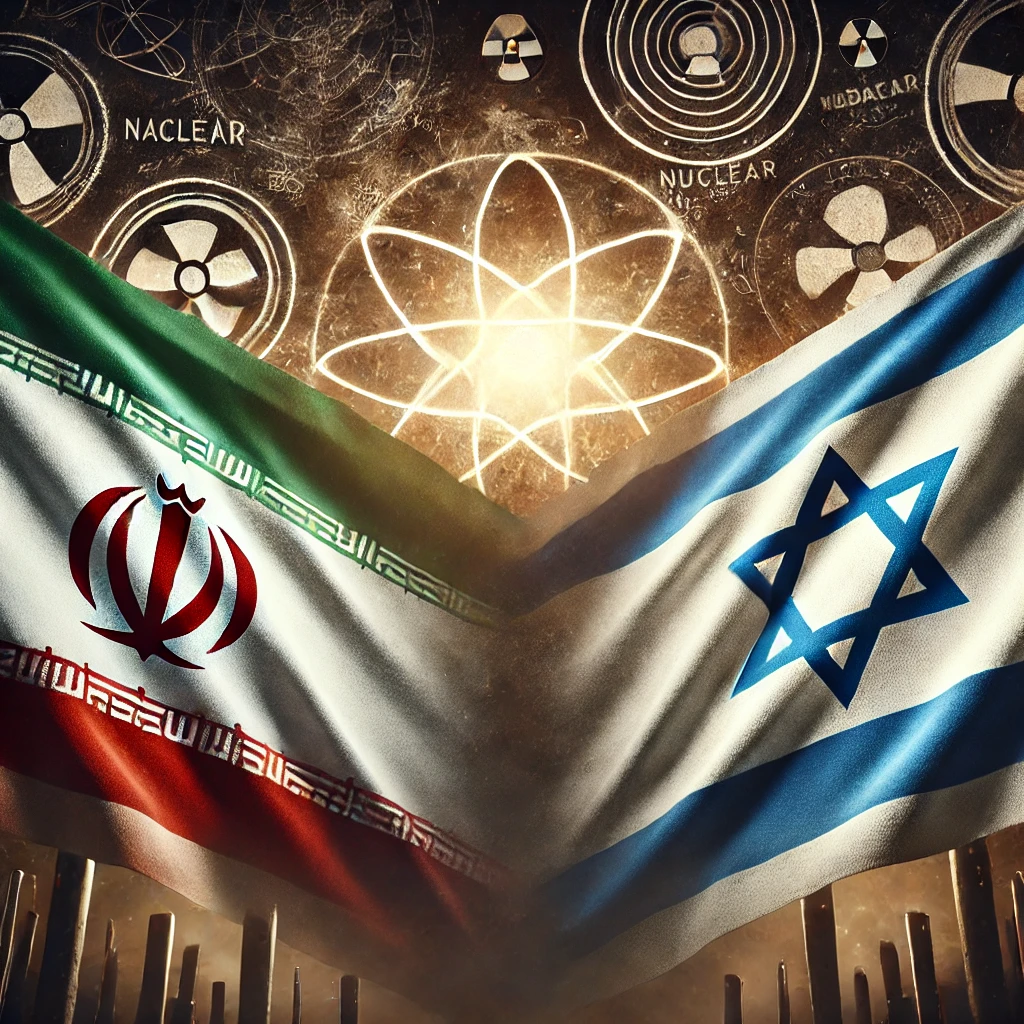Discover the historic Battle of Waterloo, where Napoleon faced his ultimate defeat. Explore the causes, key moments, and impact of this decisive battle.
Introduction
The Battle of Waterloo, fought on June 18, 1815, marked the final chapter in the Napoleonic Wars and the downfall of Napoleon Bonaparte. This decisive battle saw the French Emperor face the Duke of Wellington and the Prussian army, ultimately leading to his defeat and exile. The battle not only reshaped European politics but also ended the era of Napoleonic dominance.
Causes of the Battle of Waterloo
- Napoleon’s Return from Exile – After escaping from Elba, Napoleon reclaimed power in France, prompting European nations to unite against him.
- The Seventh Coalition – Britain, Prussia, Austria, and Russia formed an alliance to stop Napoleon’s resurgence.
- Napoleon’s Strategy – Determined to strike first, Napoleon aimed to divide and conquer the coalition forces before they could fully assemble.
Key Events of the Battle
1. The Initial Attack
Napoleon launched an early offensive against the Duke of Wellington’s British-led forces near the Belgian village of Waterloo. Despite initial French advances, the Allied defense held strong.
2. The Arrival of the Prussian Army
The timely arrival of Field Marshal Gebhard Leberecht von Blücher’s Prussian forces turned the tide against the French. With reinforcements, the Allies gained momentum.
3. Napoleon’s Last Stand
Napoleon deployed his Imperial Guard, his most elite troops, in a final desperate charge. However, they were repelled, leading to panic and a full-scale retreat of the French army.

Consequences and Legacy
- Napoleon’s Exile to Saint Helena – After his defeat, Napoleon was captured and sent to the remote island of Saint Helena, where he spent the rest of his life.
- End of the Napoleonic Wars – The battle marked the conclusion of Napoleon’s rule and nearly two decades of war across Europe.
- Redrawing of European Borders – The Congress of Vienna established a new balance of power, aiming to prevent future conflicts.
- Rise of Britain as a Global Power – The battle cemented Britain’s military dominance for the next century.
Conclusion
The Battle of Waterloo was a turning point in European history, signaling the end of an era. It not only led to Napoleon’s downfall but also paved the way for a new political order in Europe. Understanding this battle provides key insights into military strategy, leadership, and the consequences of war.
💡 What are your thoughts on Napoleon’s defeat at Waterloo? Share your insights in the comments!
FAQs
1. Why was the Battle of Waterloo so significant?
It marked Napoleon’s final defeat and reshaped European political dynamics.
2. How did Napoleon lose the Battle of Waterloo?
A combination of poor weather, strategic errors, and the arrival of the Prussian army led to his defeat.
3. What happened to Napoleon after the battle?
He was exiled to Saint Helena, where he remained until his death in 1821.


